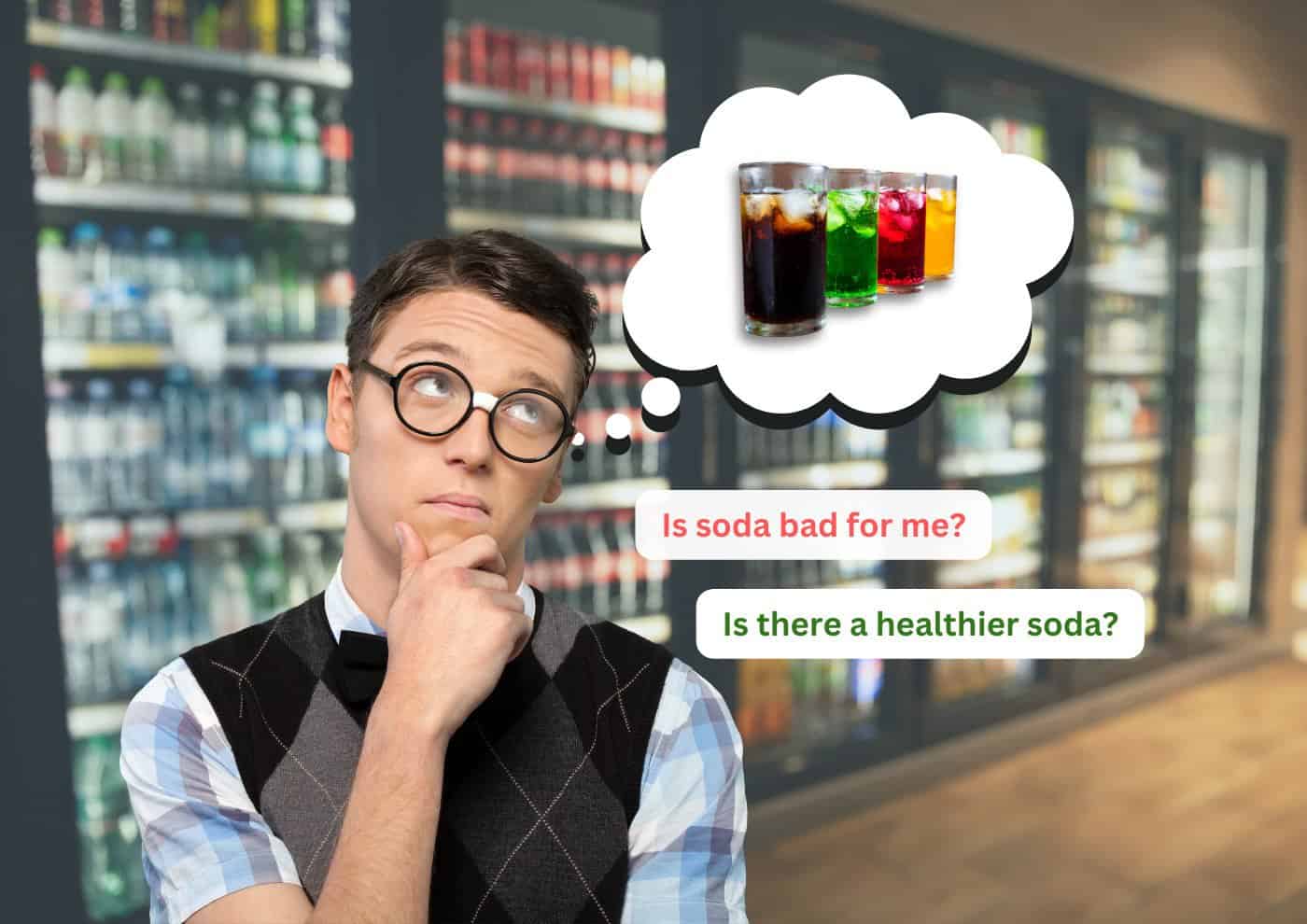The ongoing debate surrounding the potential banning of sodas in schools and major cities underscores the health concerns associated with consuming sugary beverages. One undeniable aspect is that individuals hold the power to make personal choices, including the decision to limit or completely eliminate soda from their diets. Rather than drinking soft drinks all the time, why not try natural mineral water more often instead?
Soda consumption has been linked to various health issues such as weight gain, dental problems, an increased risk of type 2 diabetes, potential impacts on bone health, and a heightened susceptibility to chronic diseases like cardiovascular conditions. The discussion prompts a reflection on personal habits, encouraging individuals to consider the health implications of their choices and make informed decisions regarding soda consumption.
Quitting or reducing soda intake can yield numerous health benefits, ranging from better weight management and improved dental health to a decreased risk of chronic diseases. Strategies for kicking the soda habit often involve a gradual reduction in consumption, the substitution of healthier alternatives for instance drinking water or herbal tea, and overall dietary mindfulness. Those contemplating a shift in their soda consumption habits should seek guidance from healthcare professionals, especially if they have underlying health conditions. By making informed and gradual changes to dietary choices, individuals can pave the way for improved long-term health outcomes.
1. Liver Disease Risk
Consuming soda has been linked to an increased risk of liver disease. Soda intake can lead to the accumulation of fat around organs, with studies suggesting a rise of up to 25 percent. This includes nearly doubling the amount of fat surrounding the liver. The specific type of fat, known as ectopic fat, is considered more detrimental to metabolic health compared to subcutaneous fat, which is the fat that accumulates under the skin. The presence of ectopic fat can contribute to dysfunction in the affected organs, and when the liver is enveloped by fat, the risk of developing liver disease significantly rises.
2. Increased Heart Disease Risk
Regular soda consumption is associated with an elevated risk of heart disease through various mechanisms. Drinking soda has been linked to increased levels of LDL, or “bad” cholesterol, along with elevated triglyceride levels and higher blood pressure. Additionally, the high sugar content in sodas contributes to weight gain, prompting the liver to produce more cholesterol.
Surprisingly, even consuming as little as one soda per day, including diet sodas, can escalate the risk of developing metabolic syndrome by up to 50 percent. Metabolic syndrome encompasses a cluster of conditions, and meeting three out of five criteria—such as having a large waistline, high blood pressure, elevated blood sugar, increased triglyceride levels, or low HDL “good” cholesterol—falls under its diagnostic umbrella.
3. Risk Of Stroke
The association between drinking one serving of soda and a 10 percent increase in stroke risk seems to suggest a potential correlation between soda consumption and adverse health effects. However, it’s important to note that health research is highly complex, and associations found in studies do not necessarily imply causation.
4. Diabetes
Recent research suggests a potential link between the consumption of soft drinks sweetened with high-fructose corn syrup (HFCS) and an elevated risk of diabetes, particularly among children, although it’s important to note that associations found in studies don’t establish causation, and additional factors may contribute to the observed outcomes.
5. Kidney Stone And Kidney Disease
Sodas, due to their elevated phosphoric acid and high fructose corn syrup content, have been associated with an increased risk of kidney stones and kidney disease.
6. Pancreatic Cancer
Consuming as little as two soft drinks per week has been linked to nearly doubling the risk of developing pancreatic cancer, a particularly concerning fact given the high fatality rates associated with pancreatic cancer, which, unlike many other cancers, are on the rise despite declining mortality rates for various cancer types.
7. Osteoporosis And Increased Risk Of Cancer
Drinking sodas has long been linked to have an adverse effect on the density of bone minerals, especially among women – due to the phosphoric acid content that’s found within.
Did these 7 reasons about drinking soda turn you off from consuming the sugary beverage? Want a healthier alternative that’s not only cheaper but also highly beneficial? Yes, what if we told you that there’s one soda drink that’s sugar-free, has no colouring, is low on calories and is made from natural mineral water! That drink in question is none other than Spritzer’s So Tinge, a delightful flavoured carbonated drink that’s not only healthier but tastes great as well.
Sources: 7 Reasons Why Soda Is Bad for You – University Health News




